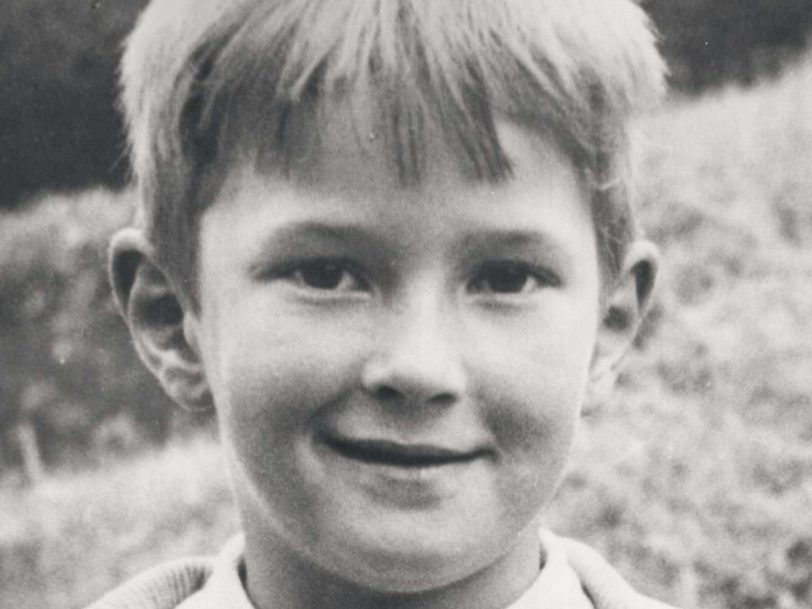Reptile, released in March 2001, the month of Eric Clapton’s 56th birthday, came during a golden spell for the acclaimed guitarist and singer. He made the album after receiving an unprecedented third induction into the Rock And Roll Hall Of Fame, this time for his work as a solo performer, having already received the honour twice for his stints with The Yardbirds and Cream. Clapton, who had also just been inducted into New York’s Songwriters Hall Of Fame, wrote the self-reflective song Find Myself for the album.
Listen to Reptile here.
“‘Reptile’ is a term of endearment”
The guitarist’s own past was deeply on his mind when he made his 14th solo album, one dedicated to his uncle Adrian, who had died in 2000. Clapton grew up in the Surrey village of Ripley, raised by his grandparents to believe that his mother was his sister, and his uncle his brother. “I had to find myself/No use looking for no one else/’Cause I’ll be lonely till I find myself,” Clapton sings in Find Myself.
“Reptile” was the childhood nickname given to him by farm worker Charlie Cumberland, the village pub celebrity who later greeted the then-famous Clapton with the words, “Still playing that ol’ banjo, boy?” Clapton wrote an explanation for the album’s title, saying: “Where I come from, the word ‘Reptile’ is a term of endearment. It’s a form of acknowledgement. It’s what your good mates call one another; ‘He’s a reptile’ – meaning ‘He’s one of the lads.’ It was coined by the guy called Charlie Cumberland, who’s not even from Ripley, he’s from Cumberland, but he’s one of the local lads.”




